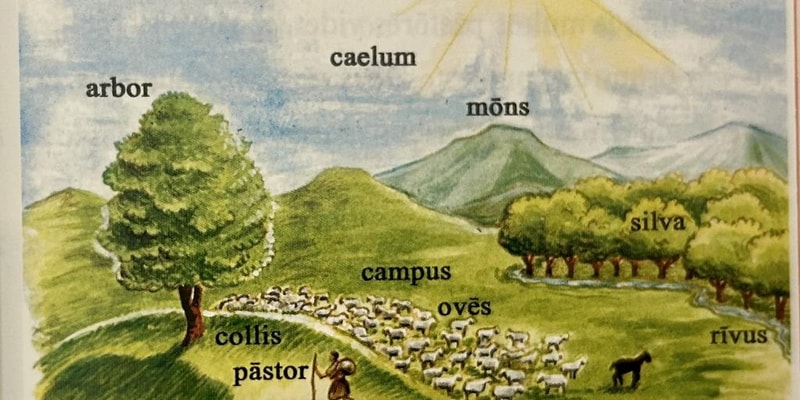Use Quizgecko on...
Upgrade to continue
Today's Special Offer
Save an additional 20% with coupon: SAVE20
Upgrade to a paid plan to continue
Trusted by top students and educators worldwide
Feedback
We are constantly improving Quizgecko and would love to hear your feedback. You can also submit feature requests here: feature requests.
Create your free account
By continuing, you agree to Quizgecko's Terms of Service and Privacy Policy.
Trusted by top students and educators worldwide































